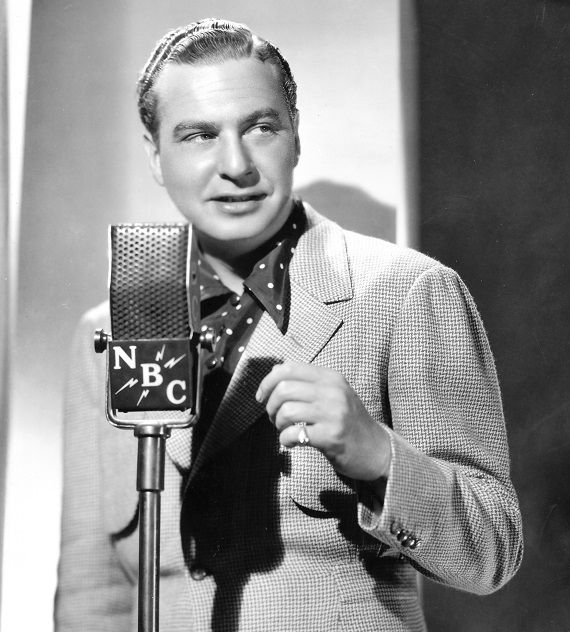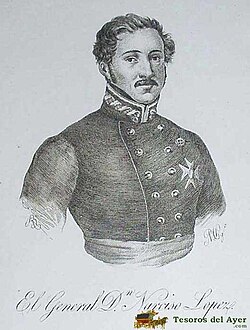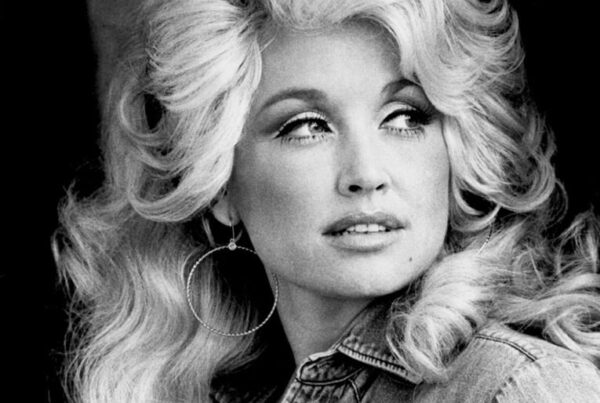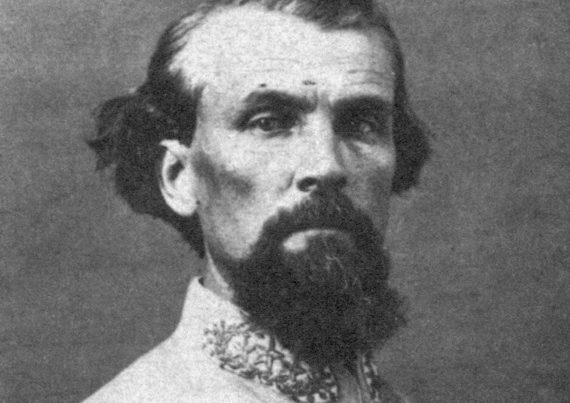I was saddened to hear that Phil Harris had died. I knew the man. You might say we were old friends. As a matter of fact, we first met in 1954 in Monterey, California. I was attending the Army Language School, learning Russian, and Phil was playing in the Bing Crosby Pro-Am tournament. His professional partner was Dutch Harrison, a good ol’ boy from Arkansas, who was leading the pack on the final day and coasted to an easy victory. During this last round, Harris was anxious to keep out of Harrison’s way, because Dutch, who was amiable but aging, could clearly use the win.
On the back nine of Pebble Beach, while Harris was looking for his bail, Harrison hit a shot that disappeared over a rise in the fairway. When Harris had played his own shot, he thought about Harrison. Seeing me standing there, he walked over and asked in whisper, “Has Dutch shot?”
“Yes sir, “ I said.
“Where did it go?” he asked. So help me, his breath had the rich aroma of fresh bourbon.
“It was a good shot,” I told him. “Went straight down the middle, though I don’t know how close it is to the green.”
“Thanks,” he said and patted me on the shoulder.
Well, that was pretty much the extent of our conversation. And our friendship. But I was shocked by his death, not merely because of this long-standing relationship, but because he was one of the great natural wits of our civilization. He had a fine sense of irony. During one of his rare appearances on talk T.V., he found himself sitting next to Pat Boone, who apologized profusely to the legendary tippler for being so wholesome. Harris turned to him, shrugged, and said: “Naw, kid. I think you’re great. You’re the kind of guy I’d have liked my daughters to date…” He paused for just an instant, “…when they were about 14.”
Of course, most of us remember Harris for his song—“That’s What I Like About the South,” which Bill Murchison used as a frame of reference recently at a conference honoring Mel Bradford. The Harris song talks about some of the same things mentioned in “Dixie”—good eating, for example. It’s warm, friendly, and fast-paced. (I’d quote it in its entirety, but you have to get permission.)
Though this was Harris’ signature song, he was not a native Southerner. He was born in Illinois and ended up in Nashville a few years later, where he played, for a while, in Francis Craig’s orchestra during roughly the same era when Dinah Shore, opera singer James Melton, and Kitty Kallen also worked for Craig. Someone once asked Craig about Phil Harris, and Craig got a faraway look in his eye.
“I liked him,” Craig said, “but he was little too jivey for us.”
Harris became a big name when his band was chosen to play for the Jack Benny Show. Soon Harris’s wisecracks became part of Benny’s Sunday night repertoire; and Benny was able to provide a comic foil for the very “jiviness” that made the sedate Francis Craig nervous. Harris cultivated the image of a flip, hard-drinking swinger on the Benny show, an image that wasn’t too far from true—but just far enough to make him a dependable performer for the better part of 50 years and a good family man.
He made records—including a remake of Bert Williams’s “Dark-town Poker Club;” he worked in the movies; he married Alice Faye—one of the biggest stars of the late 1930s and early 1940s; he hung around with Bing “Crosby” and played a lot of golf. And he grew older without ever seeming to change.
Just this past year I turned on what used to be the Crosby Open and there sat Harris, talking about the old days, waxing nostalgic, his voice still strong and manageable. I leaned forward in my chair to study the face on the screen. He didn’t look a day older than he did that sunny afternoon in 1954, when we met.
“It’s incredible,” I told my wife. “The guy must be close to 80.”
When I read his obituary only a few months later, I discovered he was 91-years-old.
No point in making too much of the entertainment industry. We take these people much too seriously these days, allowing them to dictate our tastes and our morality and even influence the way we think about political matters and vote. However, Phil Harris was one of the last performers who sang songs about the South that were unabashedly upbeat. It was a period when sectional animosities were at a minimum, and no one was ashamed of the Confederate flag. His passing marks the beginning of an end to the memory of that era.
This essay was originally published in the 3rd Quarter 1995 issue of Southern Partisan magazine.







